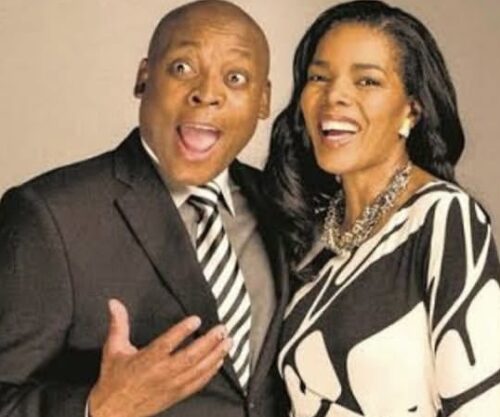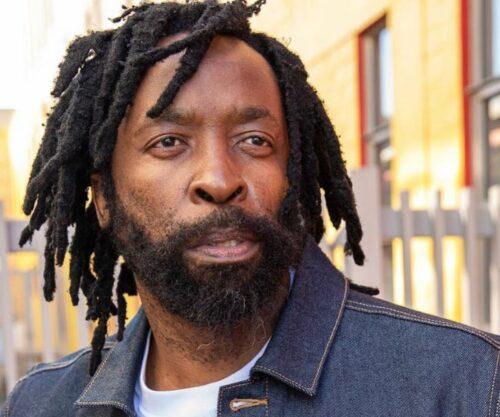
When the credits roll, actors walk off set—but for Nelisiwe Sibiya, stepping into the shoes of Zama Ntanzi on Ithonga has blurred lines for many viewers. She now finds people in real life treating her like her screen persona—and not always with kindness.
From Durban Gen to Darker Shades
Most South Africans first fell in love with Nelisiwe as Dr Mbali on Durban Gen. Her move to Ithonga, however, marked her first foray into villainy, playing Zama—a spoiled, polarising character. It was a bold shift for an actress known for warm roles, but one she embraced.
That role, however, has come with unexpected fallout.
When Fiction Becomes Real for the Audience
Nelisiwe has openly shared that people sometimes hate her in public—not for who she is, but for who she plays. Fans have left scathing comments on photos of her doing everyday things, attended events where she’s heckled, and treated her as though she is Zama off-screen.
She laughs now, saying, “They think what I’m doing on TV is who I am in real life,” adding that her character’s intensity makes it hard for some to separate the actress from the role.
The Burden and Reward of a Powerful Character
For many actors, achieving that depth of audience reaction is part of the craft. The more people feel for or against a character, the more real they become. Nelisiwe says her directors warned her in advance: if people hate you personally, it means you’re doing your job well.
Since taking on Ithonga, she has also been nominated for a Simon Mabhunu Sabela KZN Film and Television Award. That recognition holds special weight—it comes from her home province, symbolising that her work is seen not just by critics but by her own community.
View this post on Instagram
Cultural Weight, Gendered Critique
It is no coincidence that a female actor plays the “villain” role and becomes the focus of moral judgment. In South African soaps and telenovelas, women cast as troublemakers often bear the brunt of public scorn. When art mirrors real social tensions, characters like Zama—ambitious, opinionated, and disruptive—become lightning rods for both admiration and disdain.
Nelisiwe’s personal experience also speaks to the wider issue of celebrity perception in South Africa: when the gap between character and person is ignored, the emotional toll on actors can be heavy.
Beyond the Backlash: Resilience and Reinvention
Nelisiwe insists she will not react to negative comments. She leans on a foundation of support—from directors, colleagues, and fans who understand the difference between fiction and life. She speaks of growth, of taking on roles that challenge her, and of the pride she feels in being nominated by her home province for her craft.
In a country that thrives on storytelling, playing someone like Zama is not just about drama—it’s about reflection. Nelisiwe’s journey reminds us that great stories often demand sacrifice, and that behind every beloved (or hated) character is a real person deserving of respect.
Source: Briefly News
Featured Image: Youth Village




